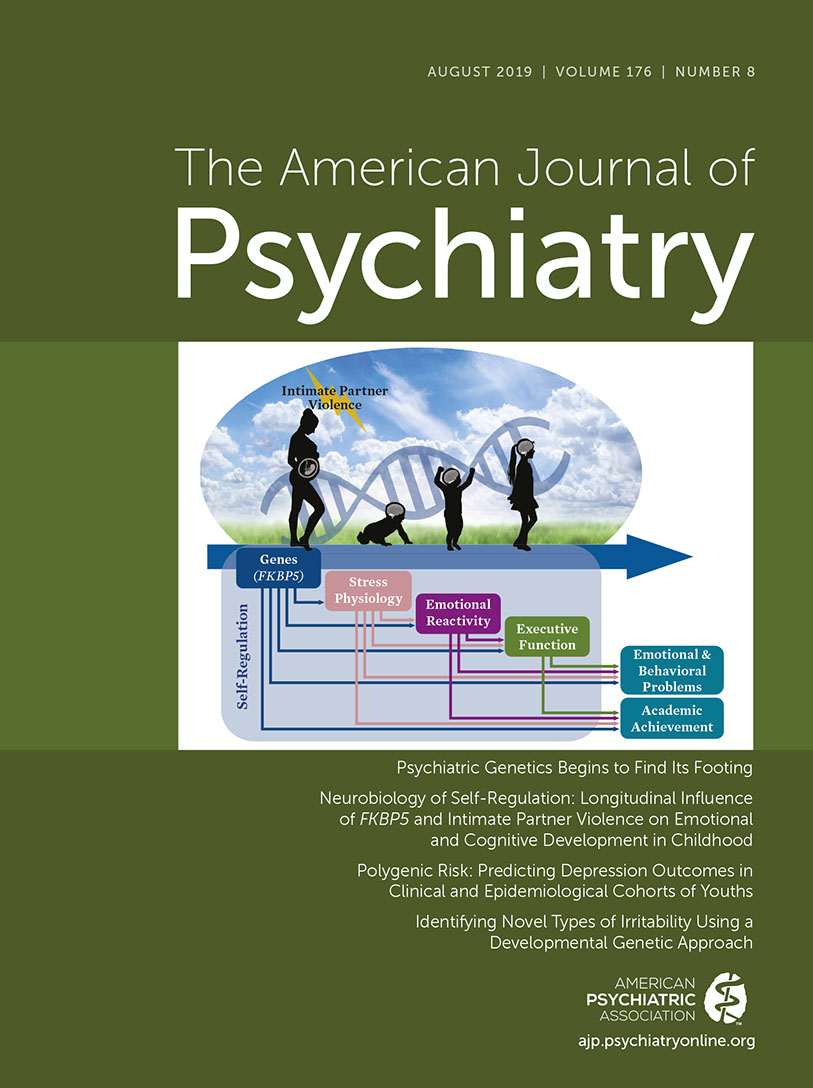A Third Linear Association Between Olduvai (DUF1220) Copy Number and Severity of the Classic Symptoms of Inherited Autism
Abstract
Objective:
The authors previously reported that the copy number of sequences encoding an Olduvai protein domain subtype (CON1) shows a linear association with the severity of social deficits and communication impairment in individuals with autism. In this study, using an improved measurement method, the authors replicated this association in an independent population.
Method:
The authors obtained whole genome sequence (WGS) data and phenotype data on 215 individuals from the Autism Speaks MSSNG project. They derived copy number from WGS data using a modified sequence read-depth technique. A linear mixed-effects model was used to test the association between Olduvai CON1 copy number and symptom severity as measured by the Autism Diagnostic Interview–Revised. The authors then combined data from previous studies (N=524) for final analyses.
Results:
A significant linear association was observed between CON1 copy number and social diagnostic score (SDS) (β=0.24) and communicative diagnostic score (CDS) (β=0.23). Using the combined data, the authors present strong significant associations of CON1 dosage with SDS (β=0.18) and CDS (β=0.13). The authors also implicate Olduvai subtypes found in two genes, NBPF1 and NBPF14 (R2=6.2%). Associations were preferentially found in multiplex versus simplex families.
Conclusions:
The finding of a third dose-dependent association between Olduvai sequences and autism severity, preferentially in multiplex families, provides strong evidence that this highly duplicated and underexamined protein domain family plays an important role in inherited autism.



